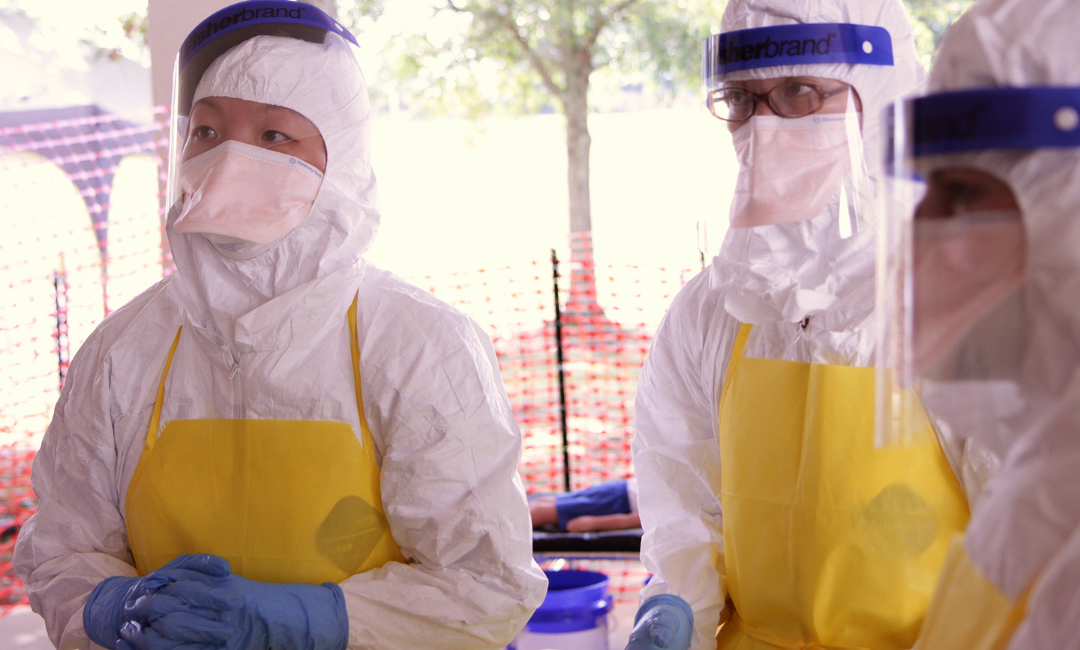The Risk of AI
The United Nations High Commissioner for Human Rights, Michelle Bachelet has stressed that AI used without proper safeguards poses “a serious risk to human rights” such as privacy, health, education, etc.
Privacy
Security is one of the primary concerns with AI, and that issue is only more pronounced in healthcare settings where a patient’s information must be protected. For example, consent must be gained for personal information or biospecimens to be used in research, regardless of the data’s identifiability. Who in a healthcare facility is responsible for educating patients on the ramifications, both positive and negative, that may arise from sharing their data for AI learning?
Asking for consent is a best-case scenario with artificial intelligence, but one that is occurring less and less. Google is currently accused of training its AI systems with vast amounts of unauthorized personal information and copyrighted material. Several similar cases have been leveraged at Meta, Microsoft, and OpenAI.
These companies are accused of using protected information to train AI tools and profit from them. It is important to question how companies bringing AI tools to healthcare are gathering and protecting patients’ data.
Medical Errors
Medical errors are another challenge AI may present in healthcare environments. It is very easy to trust AI technology as infallible and unbiased; however, these tools are taught using human data which is vulnerable to error.
Healthcare teams need to be aware of potential discrepancies in care and understand where they may be coming from. Multiple studies have found examples of these concerning AI errors contributing to patient outcomes. Nurses have the most direct role in a patient’s care and that role necessitates compassion and empathy. This puts nurses in a perfect position to work with healthcare facilities that are implementing AI tools to ensure that every patient receives the highest quality of care.









